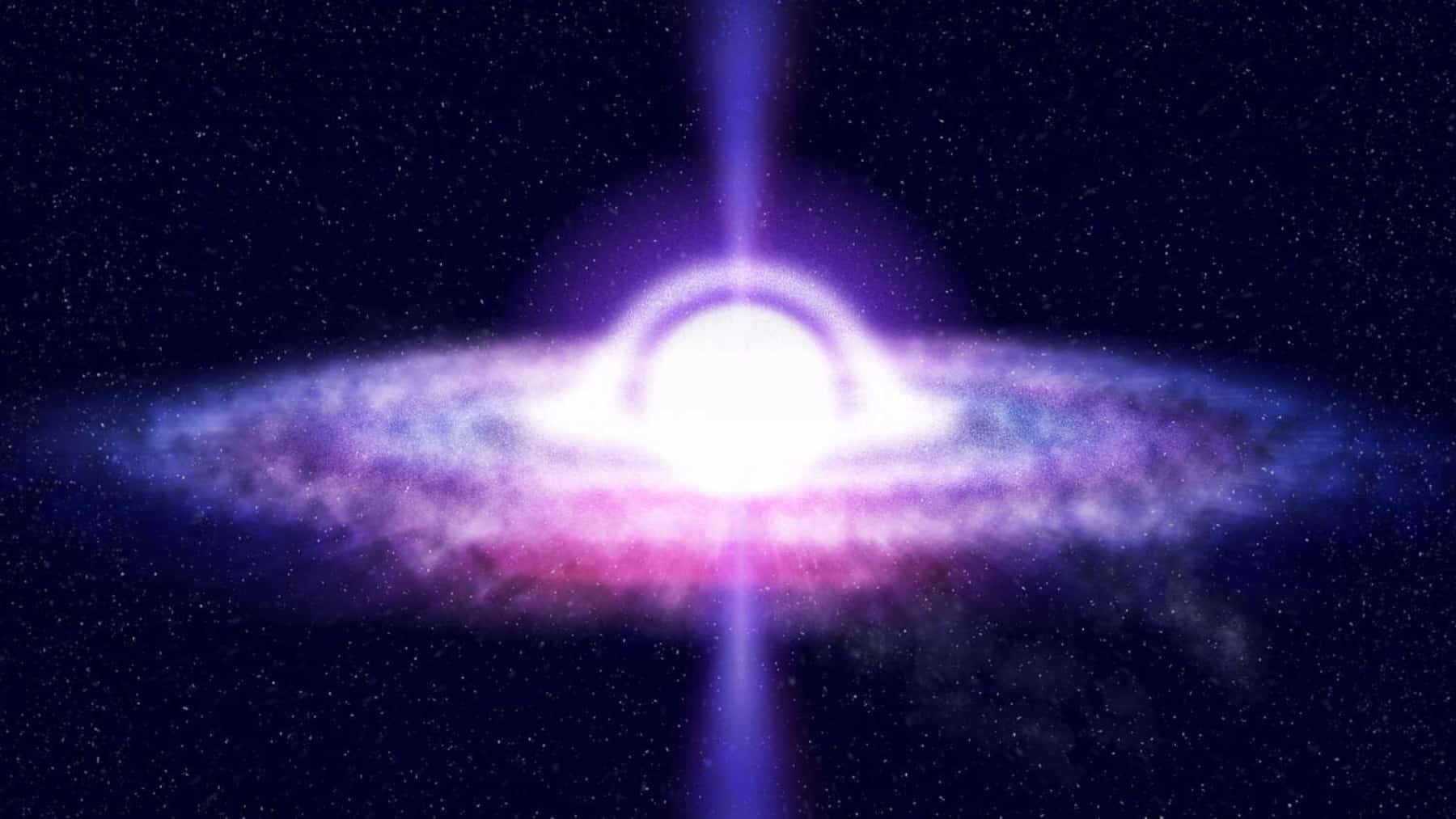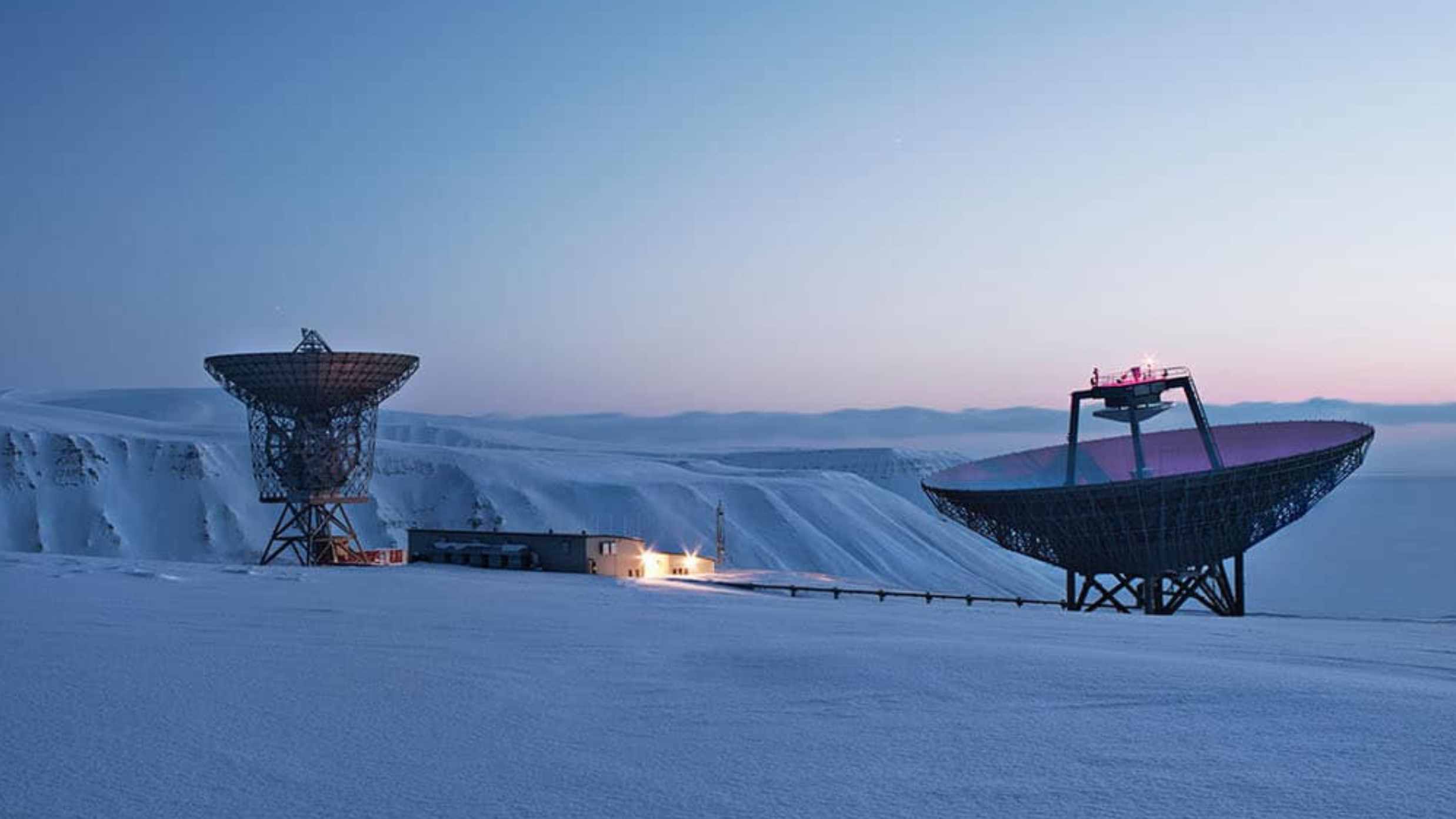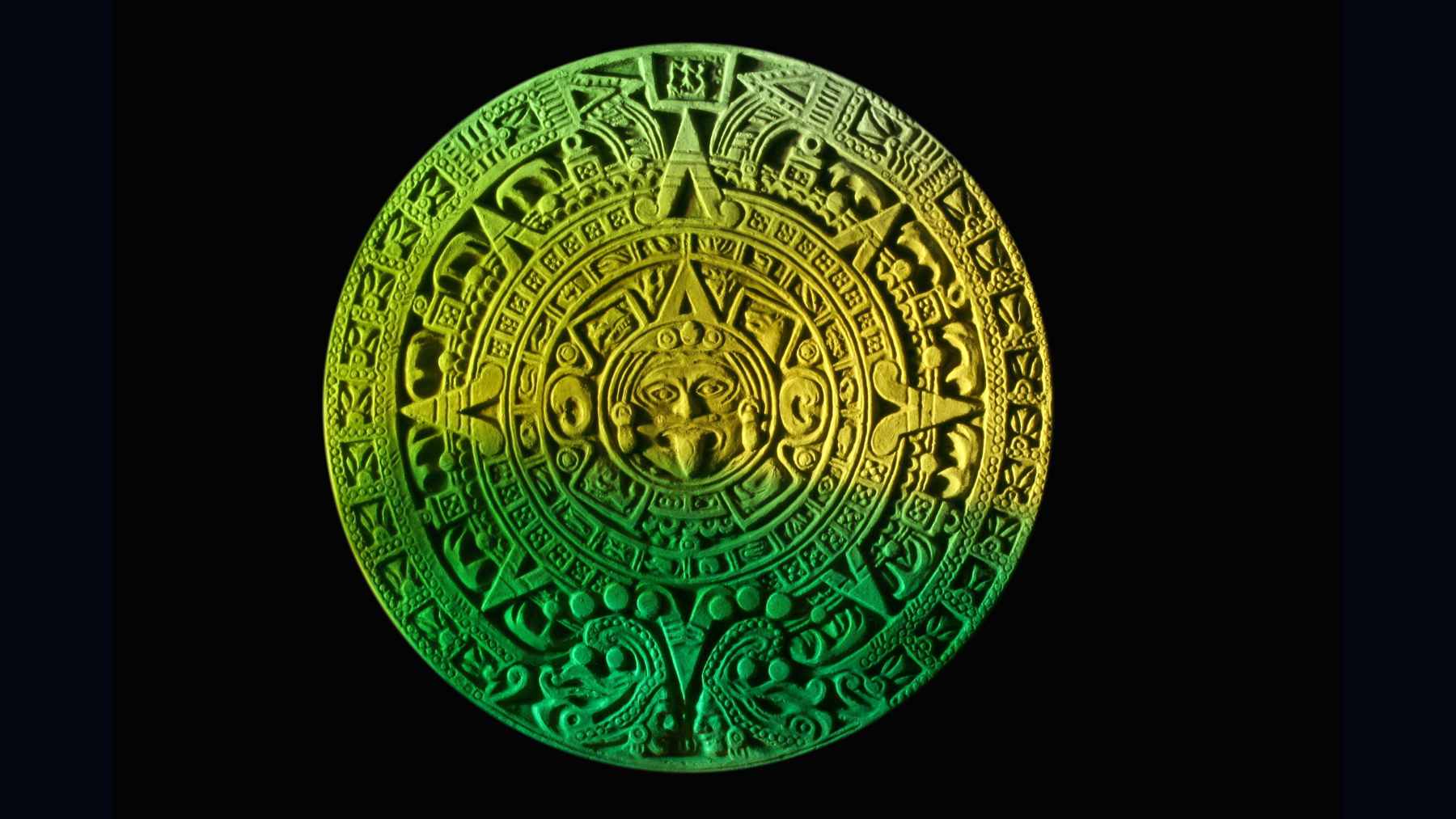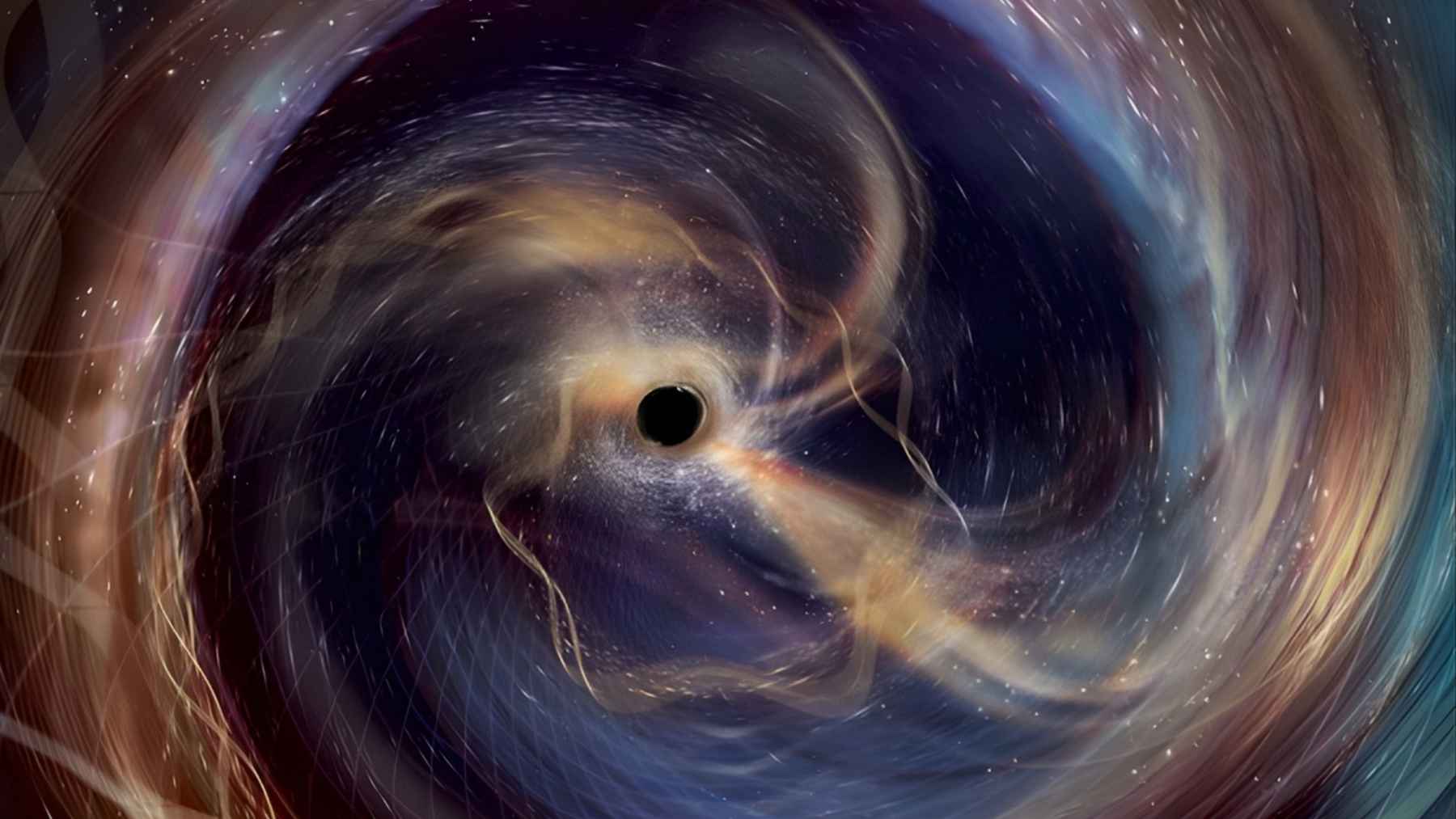It’s no surprise to anyone that black holes are one of the most studied phenomena by astronomers, right? After all, they have always piqued our curiosity because we can’t understand how they can absorb everything, be it light, matter, or even time itself. It’s an event that intrigues everyone, and it’s no wonder we always get scared when the subject comes up in conversation. However, a theory has recently started to gain traction: do black holes really just destroy everything?
Could this be the end of black holes as we think we know them?
Before we talk about this new idea, we need to understand more about black holes. What we have always known about them is that if something encounters one, it is the end. And this happens because matter does not exist there, just like the laws of physics, which cease to make sense. Well, this explanation is nothing new; it comes from Albert Einstein’s General Theory of Relativity, published in 1915.
The new idea has now emerged, through research at the University of Sheffield, in the United Kingdom. The researchers applied quantum mechanics to this theoretical model of a black hole. And the discovery was surprising: instead of having an “absolute end”, the singularity could be replaced by a region of strong quantum fluctuations, that is, time and space no longer disappear, but rather change phase. We’re talking about the white hole.
“In quantum mechanics, time as we understand it cannot end, because systems change and evolve perpetually”, the Sheffield team declared.
From black hole to white hole
Even though the white hole has only just been discovered, it is a theoretical prediction from 1915, coming from Einstein’s Theory of General Relativity. This means that: if black holes are regions that suck in everything around them (and, as we can see in this example, never run out of “fuel”), white holes are the opposite: they expel matter, energy and even time from the inside out.
Until this discovery, the idea of white holes was seen only as a mathematical curiosity; after all, there was no study that proved these hypotheses. However, with this new study based on the principles of quantum mechanics, we can no longer say that time actually ends. Now, the proposal is that the concept of singularity is just a transition.
In other words, considering this new theory, a white hole would not be just an exit, but rather the beginning of something. We can even identify it as a kind of “local Big Bang.”
We are even challenging the concept of time
In this new research, it is interesting to note that we are challenging even the very concept of time. Previously, we thought of it as something absolute or even relative to the observer, which is what Einstein imagined. Now, the researchers propose that time can always be thought of in terms of dark energy, that is, it is this mysterious force (not the one from Star Wars, of course) in the universe that is responsible for its expansion.
“Although time is generally considered relative to the observer, in our research time is derived from the mysterious dark energy that permeates the entire universe. Hypothetically, it would be possible for an observer to pass through the black hole, pass through what we consider a singularity and emerge on the other side of the white hole”, concluded Dr. Gielenm, one of the authors of the research.
Of course, white holes are still theoretical predictions, there is no direct evidence for their existence. However, their hypothesis alone changes, and a lot, everything we know so far about these phenomena. For example: did you know that we might live in a black hole? Well, this revelation was recently made by NASA.















